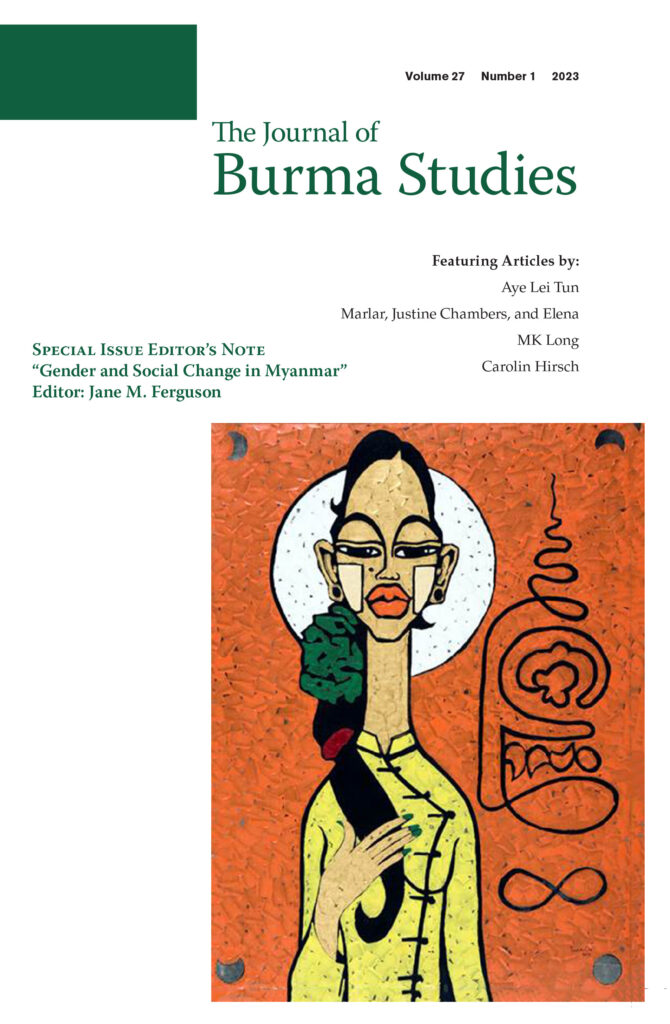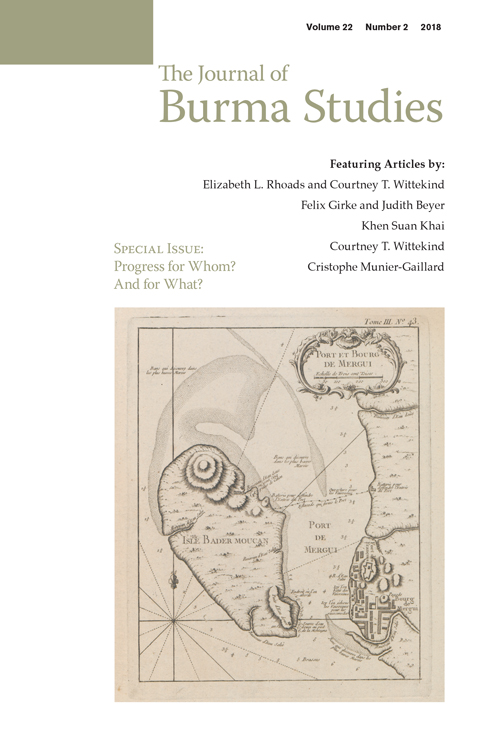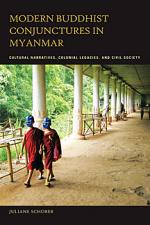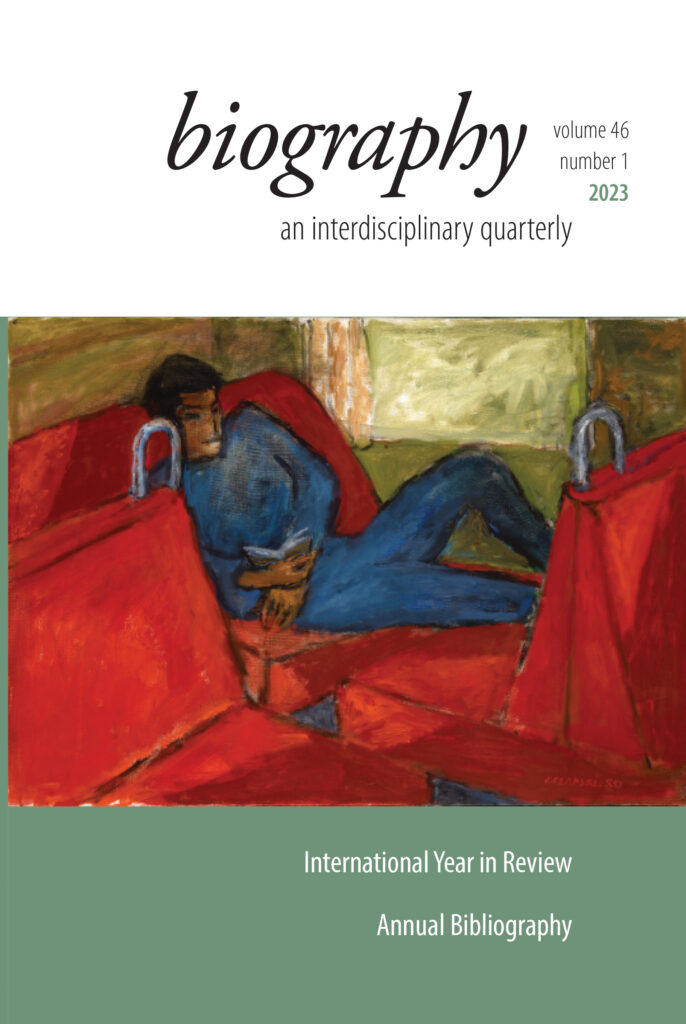
Biography
Volume 46 Number 1 (2023)
International Year in Review
Shame, Trauma, and the Body After #MeToo: The Year in Australia
Emma Maguire
Micro Life in Macro History: The Year in China
Chen Shen
Vientos de cambio: El año en Colombia
Gabriel Jaime Murillo Arango
Did We Forget about Climate Change during the COVID-19 Pandemic?: The Year in Denmark
Marianne Hoyen
Responsibility and Confronting the Holocaust in Memoir: The Year in Hungary
Gergely Kunt
Autobiographical Verse, Demythologizing Motherhood: The Year in Lebanon
Sleiman El Hajj
Find these articles and the Annual Bibliography of Works About Life Writing at Project MUSE.
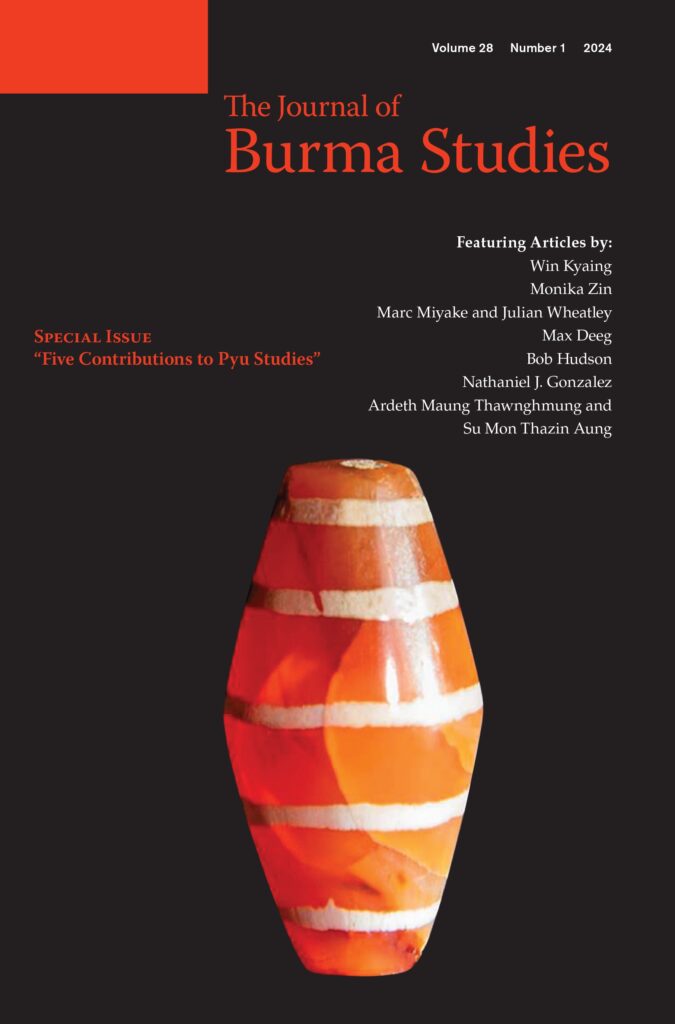
Journal of Burma Studies
Special Issue: Five Contributions to Pyu Studies
Volume 28, Number 1 (2024)
Studies in Pyu Epigraphy II. Pyu Inscriptions on Molded Tablets: A Way Forward?
Marc Miyake and Julian Wheatley
Chinese Reports about Buddhism in Early Burma
Max Deeg
The “Hidden Hand” Orchestrating Communal Violence: Peacekeeping through Contested Framing in Central Myanmar, 2011–2021
Nathaniel J. Gonzalez
Monthly Observation Research by Community Researchers: Coping with Dangerous Situations and Multiple Crises in Postcoup Myanmar
Aredeth Maung Thawnghmung and Su Mon Thazin Aung
Find these articles, reviews, and more at Project MUSE.
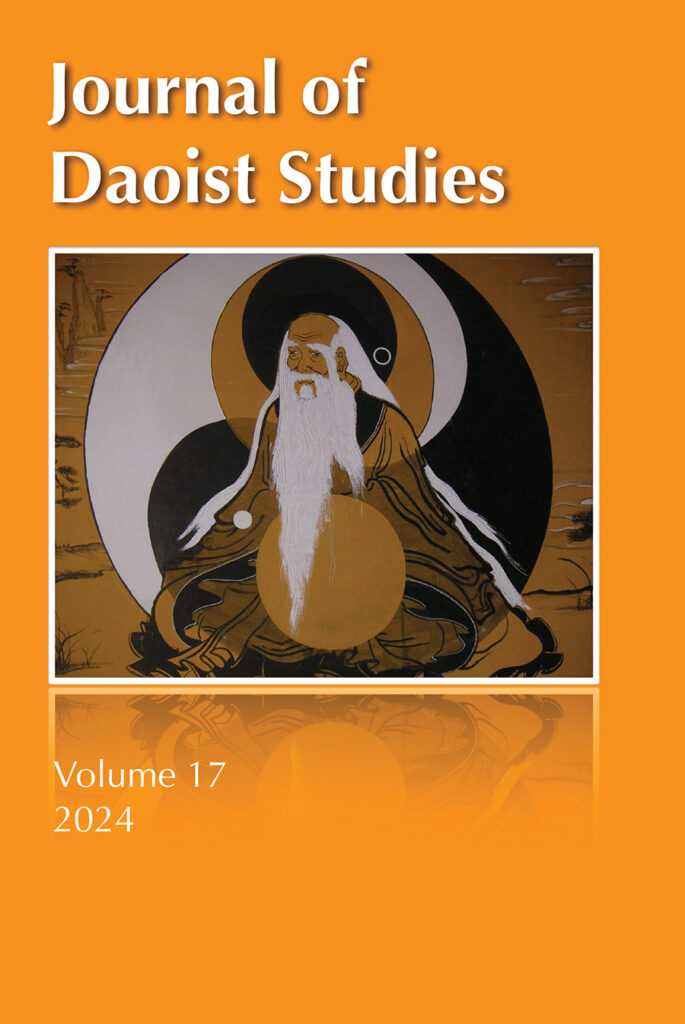
Journal of Daoist Studies
Volume 17 (2024)
An Integrated Theory of Happiness: The Yang Zhu Chapter of the Liezi
Devin Joshi
Mystery upon Mystery: Wang Bi on the Meaning of Xuan 玄
Alex T. Hitchens
Lingzhi: Mushrooms, Immortality, and Order
Ezra Kohn
Personal Quest and Anomic Events: Conversions to Daoism in Late Imperial China
Jacopo Scarin
The Dao of Dialogue: Daoism, Psychology, and Psychotherapy
Elliot Cohen
By Name and by Nature: Two Stories of People Named Unattractive in Daoist and Rabbinic Literature
Aryeh Amihay and Lupeng Li
Find these articles, forums, news and more at Project MUSE.
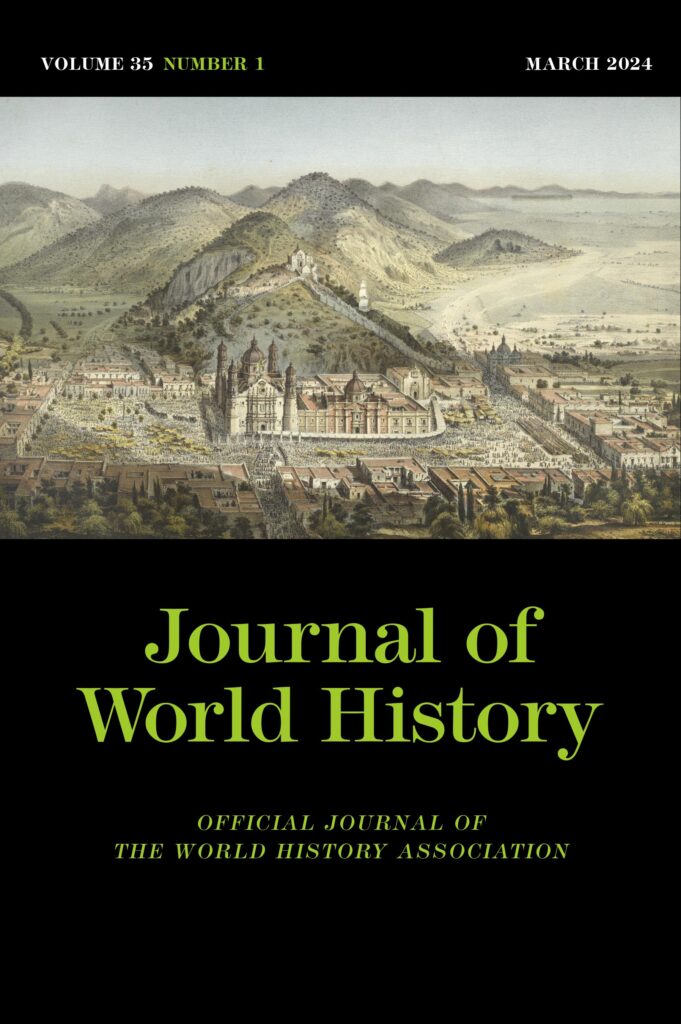
Journal of World History
Volume 35, Number 1 (2024)
Colonial City, Global Entanglements: Intra- and Trans-Imperial Networks in George Town, 1786–1937
Bernard Z.Keo
Inter-Imperial Entanglement: The British Claim to Portuguese Delagoa Bay in the Nineteenth Century
Anjuli Webster
Between World-Imagining and World-Making: Politics of Fin-de-Siècle Universalism and Transimperial Indo-U.S. Brotherhood
Sophie-Jung Hyun Kim
Britain’s Atomic Energy Strategy toward Japan: The Anglo-American “Special Relationship,” 1945–1959
Kenzo Okuda
The Value and Prospect of the Needham Question: A Historiographical Reflection and Elaboration
Wensheng Wang
Find these articles, reviews, and more at Project MUSE.
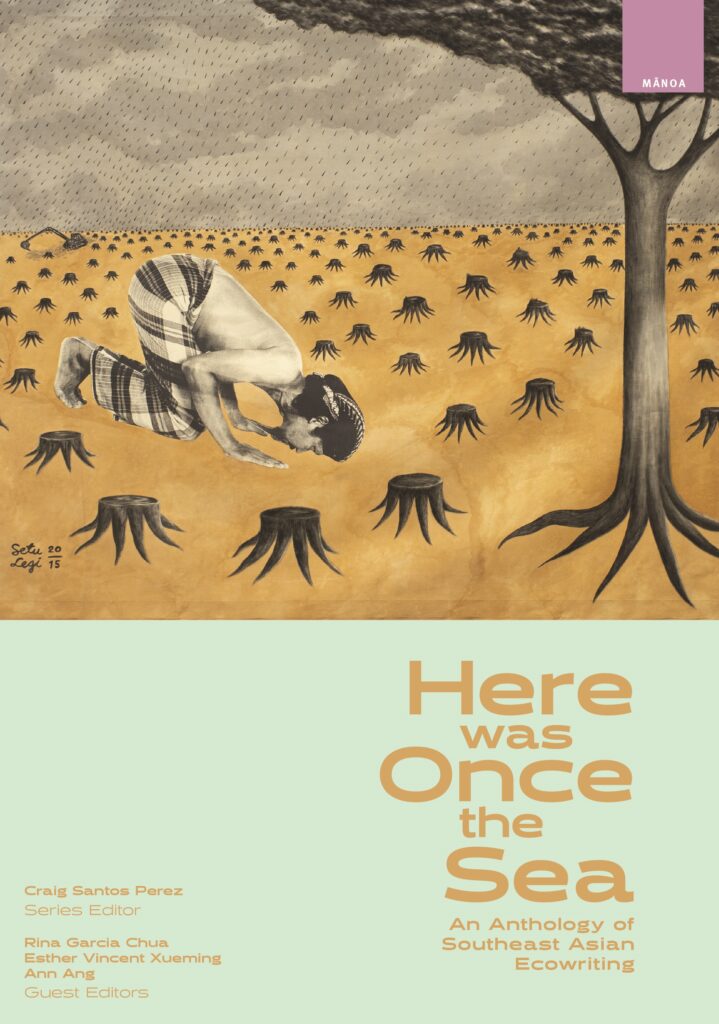
Mānoa
Here was Once the Sea: An Anthology of Southeast Asian Writing
Volume 35 Number 2 (2023)
Guest Editors Rina Garcia Chua, Esther Vincent Xueming, and Ann Ang discussion their vision with this unique collection of writing:
This anthology represents a chorus of offerings, first and foremost to the land and the sea, and second to you, our readers, as an invitation to attend to the urgencies and travails of our homes. On the one hand, while the anthology is comprised mostly of anglophone texts, which reflect the aspirations of regional writers to speak across borders and to the globe at large, the English of these pages is inhabited by meanings and associations that make the language our own. This can be seen in the use of indigenous names of plants and places in the works of Annisa Hidayat, Diana Rahim, and Mohamed Shaker, or through rhymes and sounds in the poems of Natalie Foo Mei-Yi and Teresa Mei Chuc. At other times, the native language emerges like weeds, surprising and demanding to be noticed, as in Enbah Nilah’s use of Tamil, which persists as linguistic, cultural, and historical memory in a legacy of erasure.
Find this editorial note, poems, statements, art, and more at Project MUSE.






